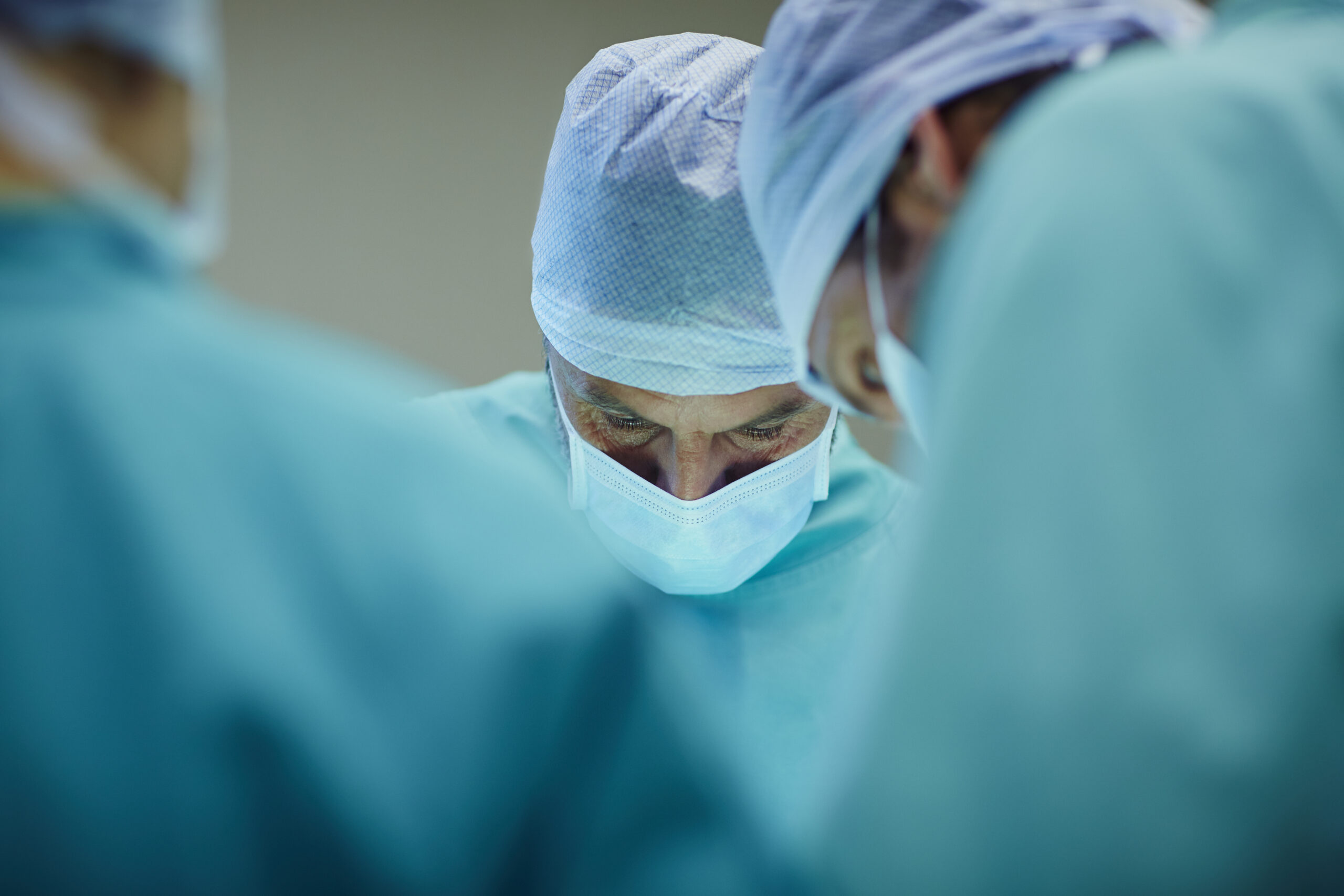If you are at an increased risk of a heart attack or have already had one, your doctor may recommend coronary artery bypass graft (CABG) surgery, also known as cardiac or heart bypass surgery. While heart bypass surgery is a serious procedure, WMCHealth has some of New York’s top cardiologists and most advanced technology. Our cardiac specialists provide the highest quality and most compassionate care available using the most advanced technology. The team is ready to get you on track to better heart health.
What Is Coronary Bypass Surgery?
Coronary bypass surgery creates a new avenue for blood flow to be restored to the heart if you have a blocked or partially blocked artery. While this procedure does not cure the underlying issue causing the blockage, it can decrease symptoms and reduce the risk of a cardiac-related death.

When is Coronary Bypass Surgery Needed?
Your doctor may recommend cardiac bypass surgery for many reasons, including:
- A blockage in the main heart artery
- Severe narrowing of main heart artery
- Multiple heart arteries are diseased and are not working well
- Other treatments are not an option
- Previous treatments have not succeeded
Are There Risks with Coronary Bypass Surgery?
Coronary bypass surgery has a well-established history. First performed in the 1960s, research and advancements have made this a reliable treatment for heart blockages. Nevertheless, heart bypass surgery is a major surgery so there are risks of complications to be aware of. These include:
- Infection at the incision site
- Irregular heart rhythms
- Bleeding
- Kidney issues
- Stroke
- Heart attack
- Confusion and memory problems
These risks increase if the procedure is performed in an emergency situation, or if you have any of the following health conditions:
- COPD
- Diabetes
- Kidney disease
- Peripheral arterial disease (PAD)
Because of the serious nature of heart bypass surgery, it’s essential to have an expert team and to prepare for the procedure. Cardiologists at WMCHealth have the expertise, track record, and technology to provide this essential care.
How to Prepare for Coronary Bypass Surgery
Coronary bypass surgery is a major procedure, so preparation is important. Your care team will give you specific instructions on diet, exercise and medication routines before the surgery. Other steps may include:
Preliminary Tests
Your medical team will need to determine if it’s safe for you to undergo this procedure. The tests to determine this may include:
- EKG
- CT scan
- Stress test
- Blood work
- Cardiac catheterization
Communicate with Your Medical Team
Be honest and have open communication with your medical team. Be sure to discuss:
- Any allergies you have
- If you are experiencing cold, flu or other illness-related symptoms
- All medications you take, including vitamins, herbs, and over-the-counter medications

How to Stay Calm During Medical Procedures
Have you ever walked into a medical office and gotten queasy, shaky, or sick to your stomach at the mere sight of a set of scrubs? Does the thought of needles, hospital gowns, and heart monitors make your heart skip a beat? You’re not alone.
What to Expect During Coronary Bypass Surgery
Coronary bypass surgery normally takes about three to six hours, depending on your specific needs. Before the surgery begins, you will have an IV inserted and be given anesthesia to put you in a pain-free, sleep state. The surgery involves opening the chest, removing a section of a healthy blood vessel and attaching it below the blocked artery. The new pathway allows blood to flow around the blockage. This process may be required for more than one blockage.
After the procedure, you can expect to be in the hospital for a few days and be carefully monitored as you recover. Most people feel better after coronary bypass surgery, and positive results can be long-term if chronic conditions are controlled via medication and lifestyle changes.
